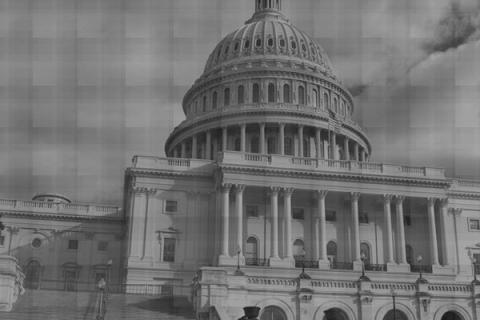
In the International Criminal Court’s second decision, presiding Judge Bruno Cotte gave the court’s decision on Tuesday, December 18, 2012 to acquit ex-militia boss Mathieu Ngudjolo Chui of crimes against humanity. The ICC said prosecutors failed to offer enough evidence beyond reasonable doubt that he was guilty of the murder of 200 people in a 2003 attack against the Bogoro village in the Congo. During the massacre in question, victims gave eyewitness reports to the Court of people being burned alive, babies being battered, and women being raped.
The Trial Chamber of the ICC emphasized their verdict was not an indication that they believed no crimes were committed in the village, nor did it imply Ngudjolo's innocence. Rather, they reasoned the decision demonstrates that with the standard of proof required of the Chamber, and with the evidence prosecutors provided, the Chamber could not form a conviction beyond reasonable doubt.
The Court ordered that Ngudjolo be released immediately and denied the prosecution’s request that he remain in detention during the appeal process.
U.S.-based human rights groups have spoken out against the verdict. Human Rights Watch, for example, said the acquittal left victims without justice for their suffering, and hoped the acquittal would reenergize efforts to prosecute others for atrocities in the DRC.
The International Center for Transitional Justice (ICTJ), meanwhile, went even further to condemn the Court's decision, believing after ten years and only two decisions, the verdict was a setback for ICC’s prosecutors, as they failed to link Ngudjolo to the atrocities in the region.
While much of the trial occurred under the former and first prosecutor, Luis Moreno-Ocampo from Argentina, Fatou Bensouda from Gambia took over the position for a nine year term in June and is faced with the aftermath of this process.
The ICTJ noted that the acquittal raised doubts about another ongoing investigation against a DRC warlord, Germain Katanga, who is facing similar charges. Bensouda therefore will be expected to learn from the missteps within the Ngudjolo trial to strengthen the credibility of the still nascent ICC to bring criminals to justice.
The U.S. government is still not a party to the ICC. While the Obama administration is an observer to the ICC and stated intentions to cooperate with the Court, signaling a change in attitude from the Bush administration, the U.S. is still not intimately involved in the proceedings. When asked about the verdict during in a State Department briefing, Spokesperson Victoria Nuland explained the department is still reviewing the decision. She stressed the Court’s decision was based on the prosecution's inability to prove reasonable doubt and that the possibility of an appeal was still alive. Nuland also argued the State Department has continued to call for the apprehension and prosecution of perpetrators of human rights abuses in the DRC, particularly other ongoing ICC prosecutions.
America's reticence to provide full support for the Court is certainly not the reason that the prosecution failed to link Ngudjolo to the crimes; however, one is left wondering what full State Party support of the court could mean towards furthering the legal capacity of the new international justice mechanism.
